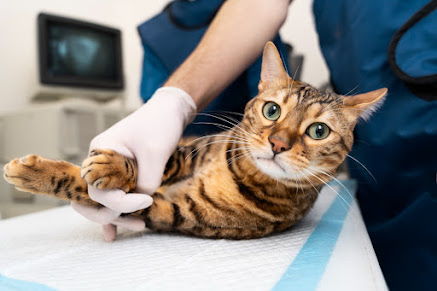Is Salami Safe for Hamsters? The Answer May Surprise You
Hamsters are adorable pets that require a balanced diet to stay healthy and strong. While some human foods can be shared with them in moderation, it's important to understand the potential risks and benefits associated with each food item. In this article, we will explore whether hamsters can eat salami, examining the pros and cons to help you make an informed decision about your furry friend's diet.
Salami's Nutritional Makeup:
Salami, a cured sausage made from ground meat, spices, salt, and curing agents, has a nutritional composition worth mentioning. It consists of approximately 27% protein and 16% fat, with the meat used being beef, pork, or a combination of both.
During the curing process, salami is also infused with a significant amount of sodium. Additionally, it contains smaller quantities of iron, magnesium, and vitamin B12.
However, it's important to acknowledge that salami is generally considered an unhealthy food due to its high fat and sodium content. While it can be consumed in moderation as part of a balanced human diet, it may not be suitable for certain animals, including hamsters, due to their specific nutritional needs.
Can Hamsters Eat Salami?
Technically, hamsters can eat salami because it is not inherently toxic or dangerous to them. However, it is not recommended as a regular part of their diet due to its composition. Salami is a processed meat that contains high levels of salt, fat, and other additives, which can be harmful to hamsters' health.
The Importance of a Balanced Diet:
Hamsters have specific dietary needs, and maintaining a proper balance of nutrients is crucial for their overall well-being. They require a diet that is low in fat and sodium, with an emphasis on fresh fruits like apples, sweet potatoes, pineapples, blackberries, and vegetables, along with a few herbs. Deviating from their natural diet can lead to digestive upset and other health issues.
Pros of Feeding Salami to Hamsters:
Protein: Salami is rich in protein, an essential nutrient that helps hamsters build and repair muscles, bones, and tissues.
Variety: Offering salami as a rare and occasional treat can introduce different flavors, tastes, and textures to your hamster's diet.
Cons of Feeding Salami to Hamsters:
1.High Salt and Fat Content: Salami's high levels of salt, fat, and additives can be detrimental to a hamster's health if consumed in large quantities.
2.Digestive Issues: Hamsters have sensitive digestive systems, and excessive salami consumption can lead to digestive problems and other health complications.
3.Nutritional Deficiency: Salami does not provide all the essential nutrients and vitamins that hamsters need to maintain optimal health and strength.
Conclusion:
While hamsters can technically eat salami, it is not recommended as a regular part of their diet due to its high salt, fat, and additive content. It's crucial to prioritize a well-balanced diet that consists of high-quality hamster food, supplemented with occasional treats such as fresh fruits and vegetables. This approach ensures that your hamster receives all the necessary nutrients for a healthy and fulfilling life.
Seek Professional Advice:
If you have any concerns about your hamster's diet or digestive health, it's always best to consult with a veterinarian or an animal nutritionist. They can provide personalized advice and guidance based on your hamster's specific needs and help you create a suitable dietary plan.
Remember, the well-being of your furry friend is of utmost importance, and providing a nutritious diet is one of the key factors in ensuring their happiness and longevity.








